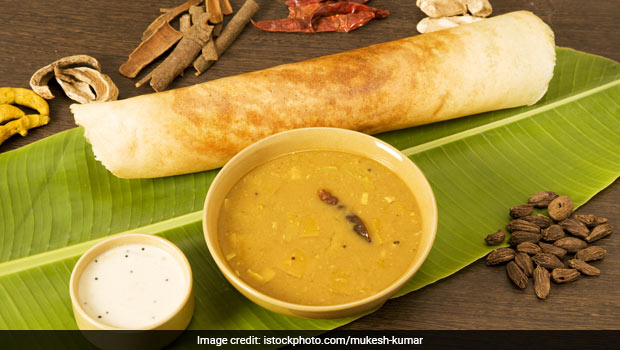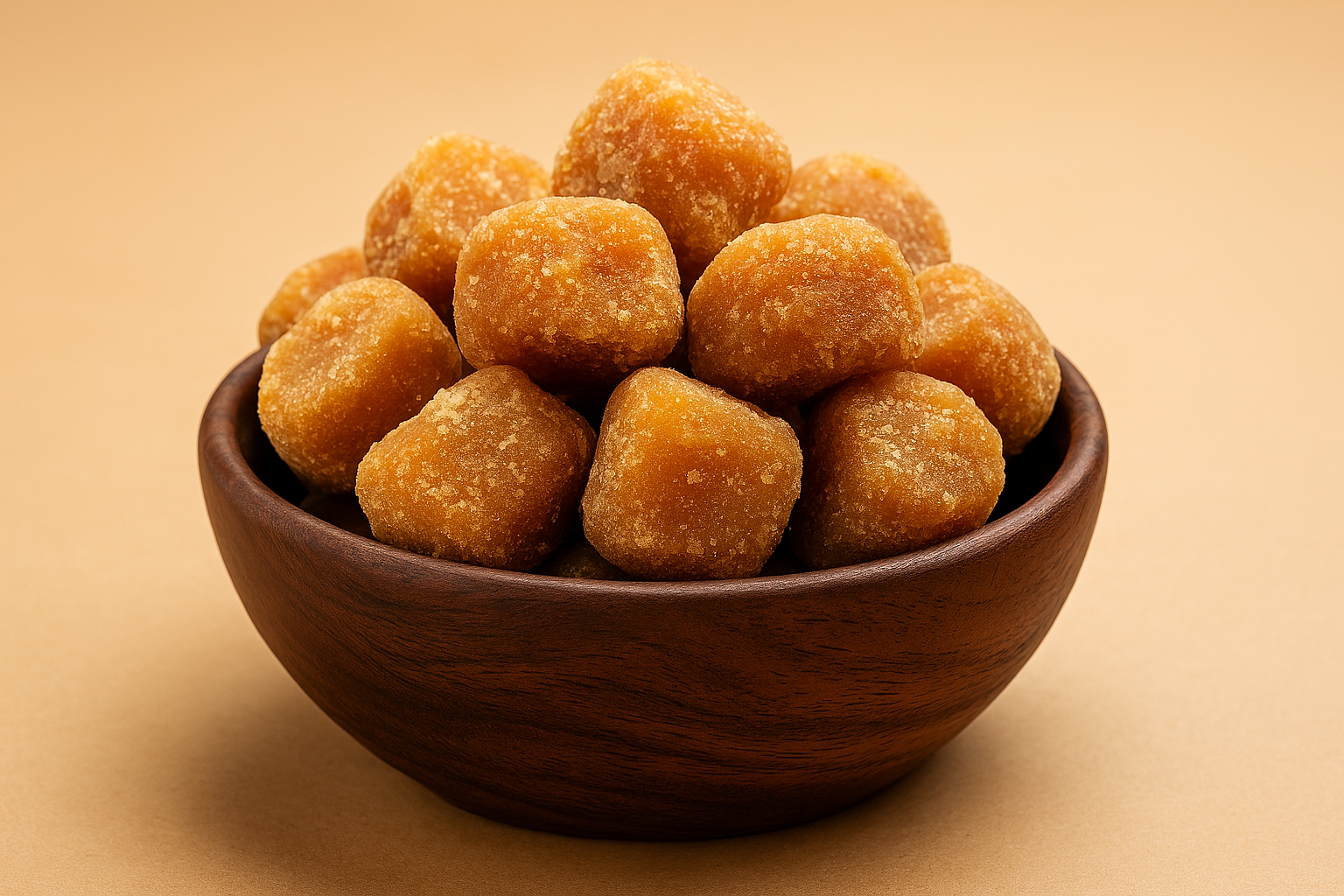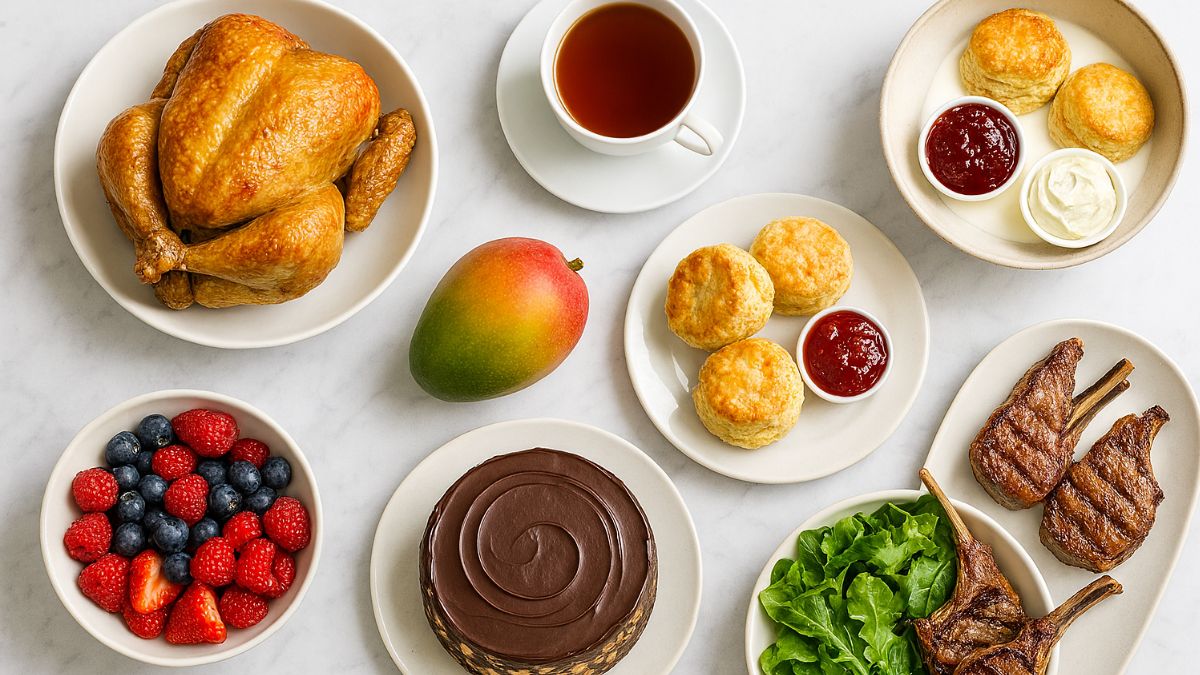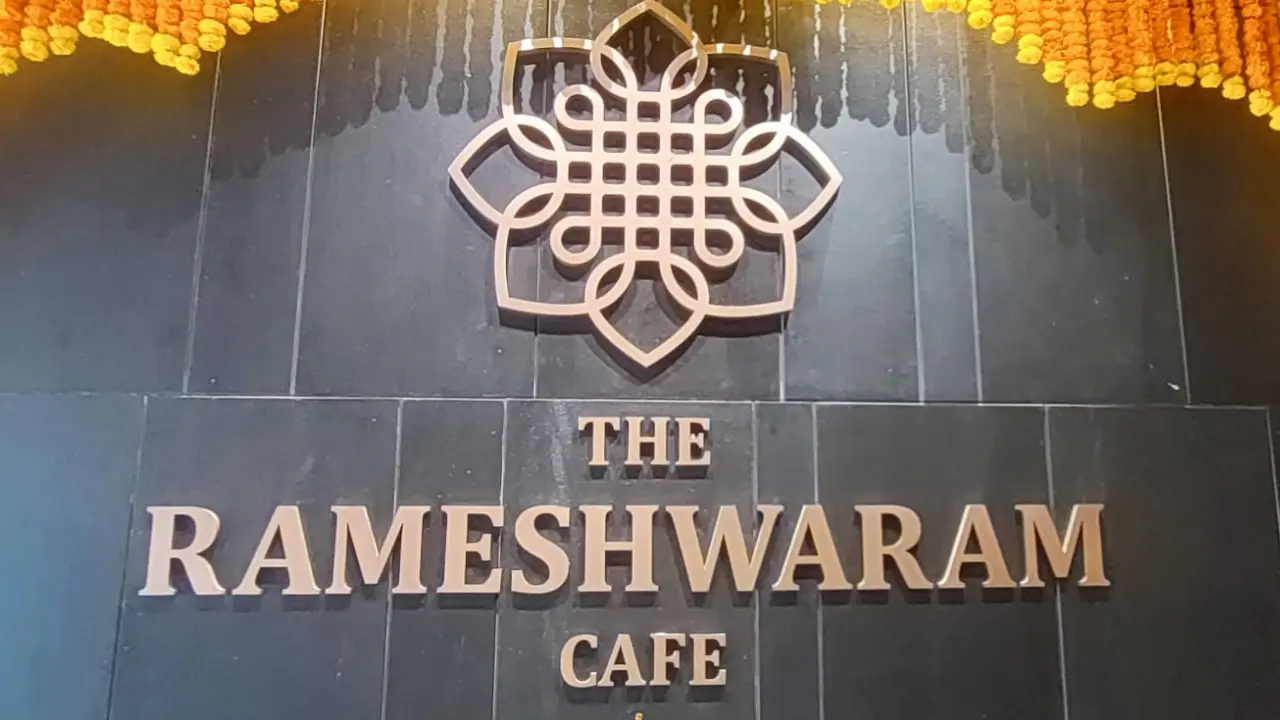Hunger pangs are a natural reaction to an empty stomach. They cause a gnawing feeling or an empty sensation in the abdomen. However, the same can also occur even if the body does not need food or when your body is used to being in a routine of eating certain amounts of food or eating at specific times of day. The first thing you should do if you frequently find yourself facing fierce hunger pangs is munching on snacks that are healthy. However, this may not always be the most pleasant circumstance especially when one is working on a weight management plan. It may be comparatively easier to fetch snacks when working from home, however, when in the office, there might not be a lot of variety to choose from. Apart from deciding what to eat, deciding how much and when to eat is equally important.
(Also Read: Weight Loss: All About Detox Diet, When To Detox, Best Healthy Detox Recipes For Breakfast, Lunch And Dinner)

What causes hunger pangs:
People get hunger pangs for several different reasons but this is majorly caused when muscles in the stomach contract as a result of it being empty. It's our body's way of telling our brain that the energy from the last food you ate has now been used up and your body has to use its stored energy (fat). This, in turn, sends signals to the brain that it's time to eat, which releases the hunger hormone ghrelin. The only way to curb this is by eating right and opting for heathier snacking options. However, it is helpful to identify when your urge to snack is more caused out of boredom than genuine need.
Mindful snacking goes a long way:
Instead of fried food, wafers, biscuits or other calorie-laden food, opt instead for foods that are nutritious and filling, like almonds which are delicious and high in nutrient value, and also have satiating properties which will help in keeping the person full for a longer time. Almonds are a source of healthy fats and fiber which also leads to suppressed unconscious desire to consume other high-fat foods and is useful weight management strategy[1]. According to a study published in International Journal of Obesity, the almond diet contained 39% total fat including 25% from heart-healthy monounsaturated fats, while the non-almond diet contained 18% total fat, 5% from monounsaturated fats. Snacking on almonds regularly not only helps in losing weight but also helps reduce belly fat and waist circumference, according to the study. Snacking on 43 grams of dry-roasted, lightly salted almonds every day reduced hunger and improved dietary vitamin E and monounsaturated ("good") fat intake without increasing body weight.
Right way to curb hunger pangs:
Focusing your attention on something else when hunger pangs strike is crucial. Although, mild hunger is not dangerous, many of us have become anxious about feeling it and then some us over-indulge which inadvertently causes weight gain. Over-eating and consumption of calorie-rich foods, especially during the festive season is fairly common. During this time of the year, when hunger pangs strike, most of us binge on our favorite sweets without any guilt but soon we realize that we have put on all those extra kilos while enjoying our favorite festivals. Hence, choosing the right kind of meals is all the more important.
Tips & tricks to do away with weight gain:
In addition to this, especially during festival season, a great technique to manage weight is portion control. While during this time of the year we all fall prey to over-eating, making conscious choices like using smaller plates along with practicing mindful eating is surely an effective way to overcome the problem of weight gain. Studies show that those who eat when distracted are more likely to overeat. This is because they're unable to pay attention to their body's fullness signals. Try to chew slowly and thoroughly, which will allow you to better recognise your body's fullness signals and consume fewer calories. Pair this with basic forms of workout into your routine like squats, push-ups, lunges, crunches and planks, and it will surely help you cut down those extra festive kilos.
About The Author: Ritika Samaddar is Regional Head-Dietetics, Max Healthcare – Delhi.
Disclaimer: This content including advice provides generic information only. It is in no way a substitute for qualified medical opinion. Always consult a specialist or your own doctor for more information. NDTV does not claim responsibility for this information.









